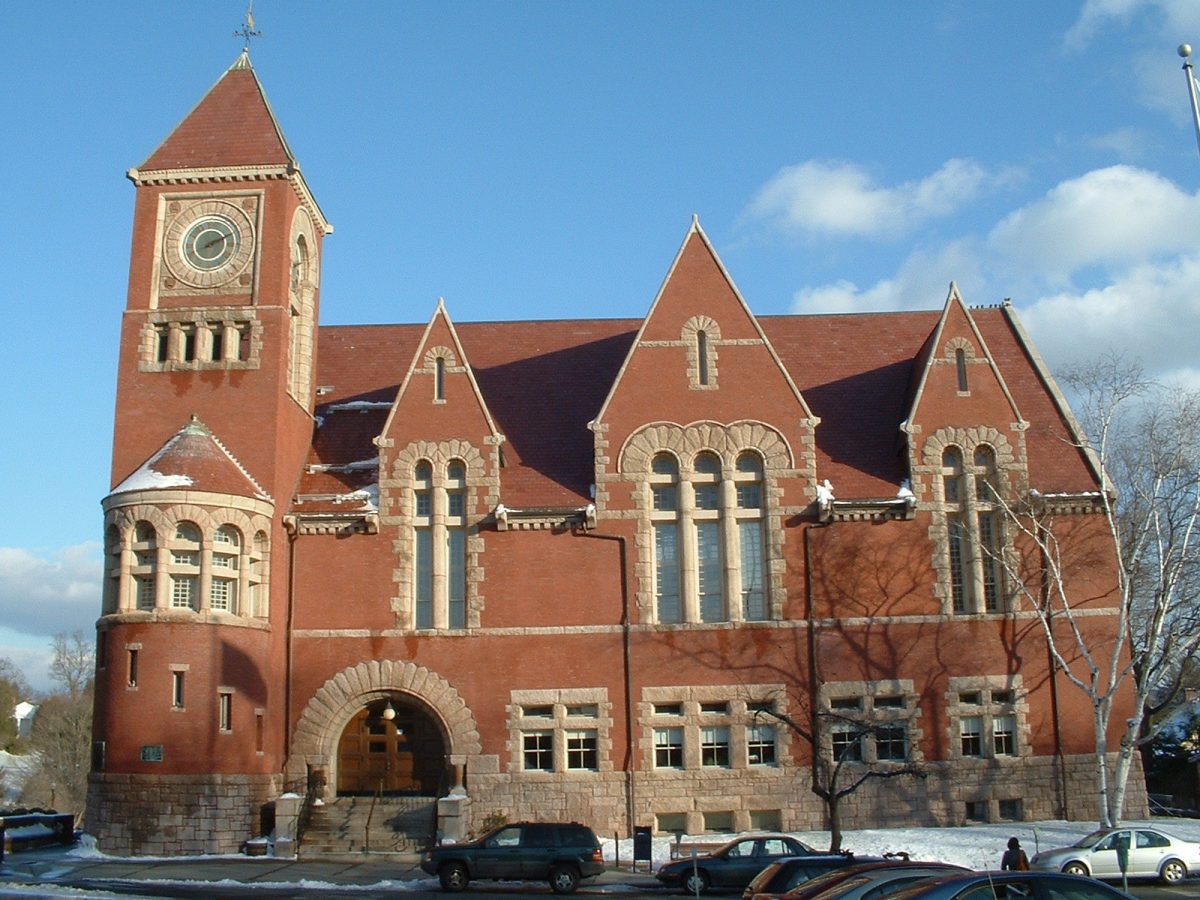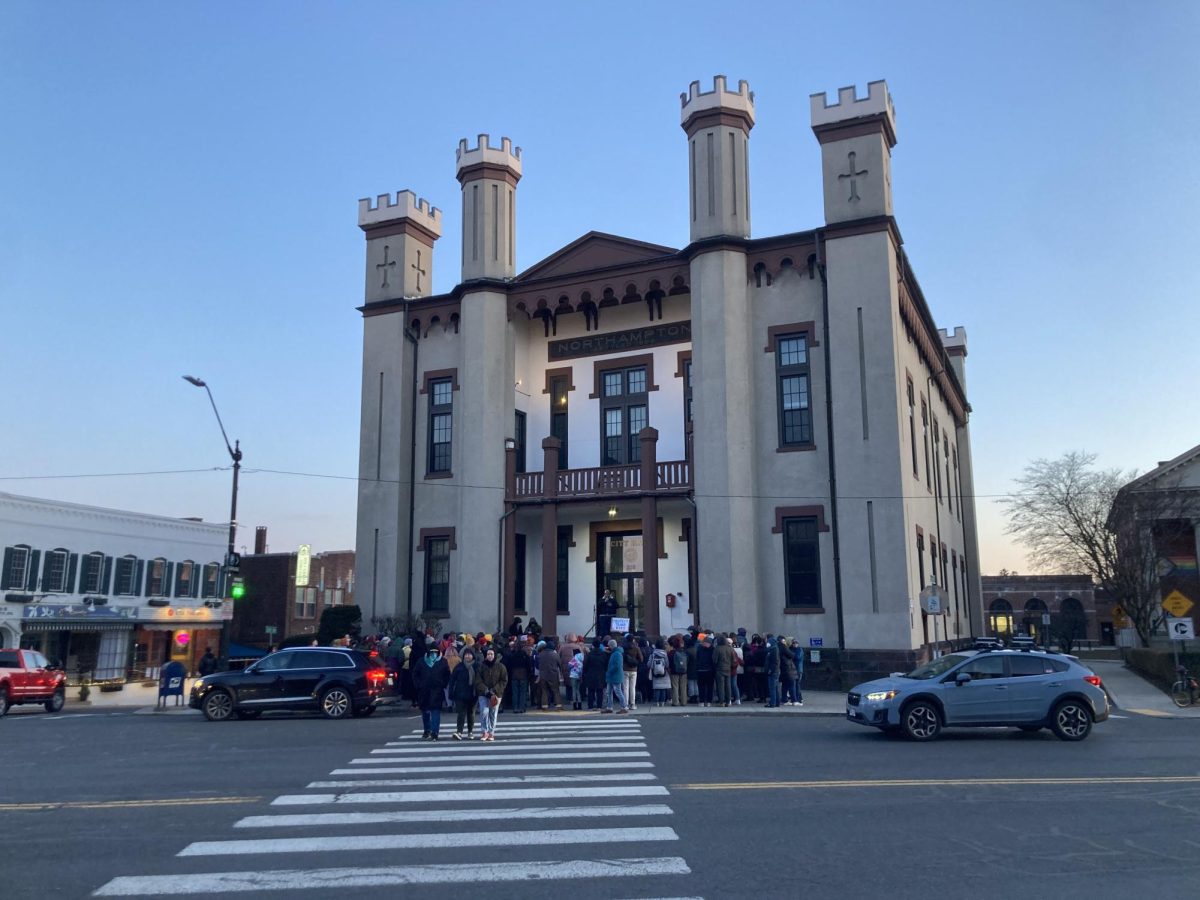
Assistant Professor of African American Studies at Hampshire College, Christopher Tinson, discussed how Ferguson has become the epicenter for social justice in his lecture “Black (Im)possibility: Ferguson and the Persistent Indictment of American Society” Wednesday night.
The movement is decentralized, and represents a new era of justice seeking activities, Tinson said. He added that Ferguson has become a verb because it “became something to do.” Social activists from all over America continue to gather in Ferguson’s streets demanding change, and are refusing to go home until change transpires.
He said activists continue to go to police stations organize and protest, bringing family and friends. Tinson also proposed the idea of Ferguson as a verb, as “people must do something because Ferguson itself became something people did, which is shut down the normalcy of society.”
He posed the question of the relationship between people and citizenship and democracy. “‘Black lives matter’ is an assertion that is haunted by the punctuality of the question mark. Having to assert ‘Black lives matter’ is an indictment of American society.”
He added ghettos, poverty and failure have become synonymous of black lives, while black success has been made an exception. The categorization of black lives, he said, is “the common oppression and suspension.”
According to Tinson, this shows “civil society is unwilling to protect black humanity.” He said although “you (non-black people) do not feel the pressure they (black youths) feel, you still need to join the fight.”
He mentioned that although some say, “‘You have a Ph.D, things couldn’t be that bad’ … they don’t look at all the micro-aggressions I deal with as a professor. The fact that half of the class never had a black professor and on the first day of class I have to go through this game so that the students can understand that I know more than them.”
“Black knowledge itself, (has become a) suspect,” added Tinson.
He said students “have a responsibility to work on behalf of racial justice and to push for broad base social change. (They must) demand transparency in our policing agencies, those who have the power to suspend our rights and take lives in the name of civic safety.”
Tinson said all people, regardless of race and personal status, should “put pressure on those systems of power to be more transparent and to allow citizens to review them in every instant of police killing.”
He expressed that a lack of pressure tolerates human rights violation such as the current ongoing investigations in Missouri attempting to charge of black activists who were and are involved in the ongoing protests. He added that “people who push against the status quotes are criminalized” in America and are depicted as not having an aim for why they are protesting. He called this criminalizing the movement as opposed to finding the movement’s legitimate aim.
“The police are not leading the movement because they do not want to be transparent,” Tinson said.
He said there is not one strategy to reaching the goal. “Just because you come to a meeting is not enough. How involved can you actually be? Are we doing enough as individuals and collectively?”
Tinson spoke of the ways students can get involved. “If you live in dorms or are part of an organization, you can have a teach-in about what is happening in Ferguson and what happened with Mike Brown. If you are a student doing legal studies, you can look into the documents the county prosecutors released after the verdict. The point is that we can always do something.”
He urged students to take on these issues with the right intentions by making sure what they are doing is helping the movement.
“Students have the responsibility to arm themselves with as much knowledge about the movement and the history that we are talking about today in order to be more civically engaged and connect to this movement at the same time.”
Sorelle Mbakop can be reached at [email protected].


















